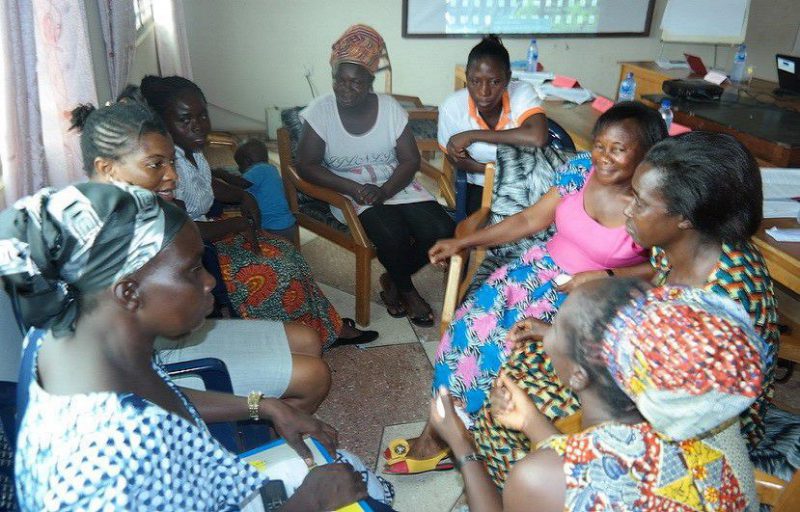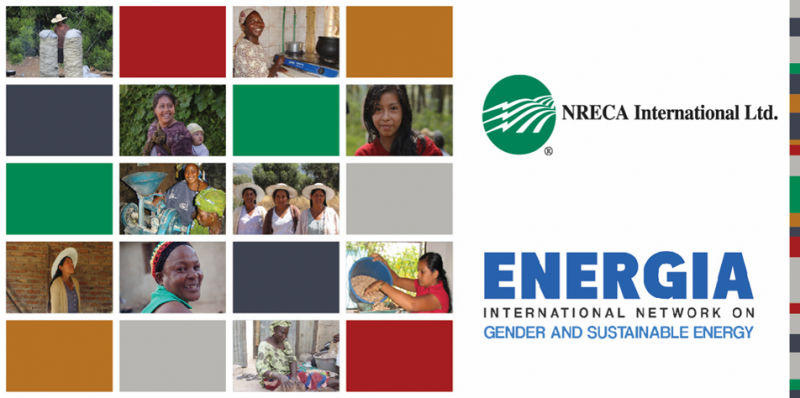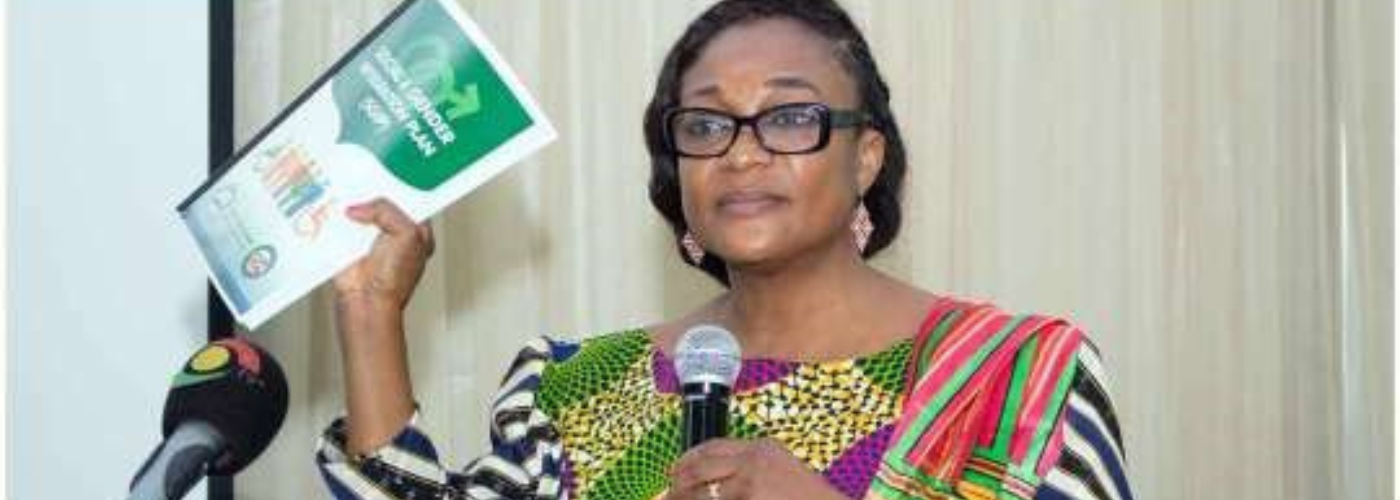By Melissa Ruggles*
Ghana has made great progress towards equalising energy access this year with the launch of its Social and Gender Integration Plan (SGIP) in October. Ghana’s Millennium Development Authority (MiDA) will oversee implementation of the action plan, which aims to ensure greater energy equality by addressing social inequalities among men, women and vulnerable groups of citizens, such as the elderly, socially excluded and disabled.
ENERGIA and NRECA were actively involved in supporting the development of the SGIP in a programme called the Ghana Power Compact co-established and funded by the US’s Millennium Challenge Corporation (MCC). Through the Ghana Power Compact the “MCC is helping the Government of Ghana transform the power sector through private sector participation and key policy and institutional reforms that will provide more reliable and affordable power to Ghana’s businesses and households.”[1]
The SGIP requires that all programmes and activities that happen as part of the Ghana Power Compact must be social and gender inclusive, meaning the plan responds to their diverse energy needs. According to Mr. Owura Kwaku Sarfo, the Chief Executive Officer of Ghana’s MiDA, the plan “incorporates findings of a comprehensive social and gender analysis, and identifies approaches for regular, meaningful and inclusive consultations with women and other vulnerable and under-represented groups.”[2]
The Ministry of Gender, Children and Social Protection hailed the launch of the SGIP and is dedicated to supporting its implementation as reflected in a MoU with MiDA. So far, the agencies planning to implement the plan include the Electricity Company of Ghana, the Energy Commission, the Ghana Standard Authority, the Environmental Protection Agency, the Lands Commission, the Volta River Authority and the Public Utility and Regulatory Commission.

With MCC’s funding, ENERGIA and NRECA have supported MiDA by providing diverse capacity building trainings, coordination support, and guidance throughout the development of the SGIP. In her work for ENERGIA, Rose Mensah-Kutin presented on lessons learned from ENERGIA’s Gender Audit of the utilities in Ghana during a 4-day training in October. ENERGIA had conducted the gender audit a few years ago as part of its ongoing gender mainstreaming work, and the lessons learned are still relevant today.
According to Rose, “all of the participants in the training were knowledgeable in their fields and brought critical perspectives to the SGIP discussions. I gained a lot of insights working with the NRECA team members and from my interactions with women and men as key stakeholders in the Ghana Compact focusing on energy and bringing in the gender perspective.”
Among the benefits of the plan, as highlighted by Dr. Cherub Antwi-Nsiah, the MiDA Director in-charge of Social and Gender Inclusion, include “increased employment opportunities for women and disadvantaged groups in the energy sector, reduced electricity costs to legal rate payers through lower cost reflective tariffs and safer and more secure work environments for citizens.”[3] Given the successes in Ghana so far, the MCC is beginning to implement similar initiatives in Liberia and Benin. ENERGIA will also continue to support the MCC and national authorities to mainstream gender in energy policies to expand equitable energy access.

*Based on an earlier written article by the Ghana News Agency: http://www.ghananewsagency.org/economics/mida-to-implement-gender-inclusive-plan-in-the-energy-sector–123310. The featured photo is also from the Ghana News Agency.
References:
[1] https://www.mcc.gov/where-we-work/program/ghana-power-compact
[2] http://www.ghananewsagency.org/economics/mida-to-implement-gender-inclusive-plan-in-the-energy-sector–123310
[3]Ibid.







